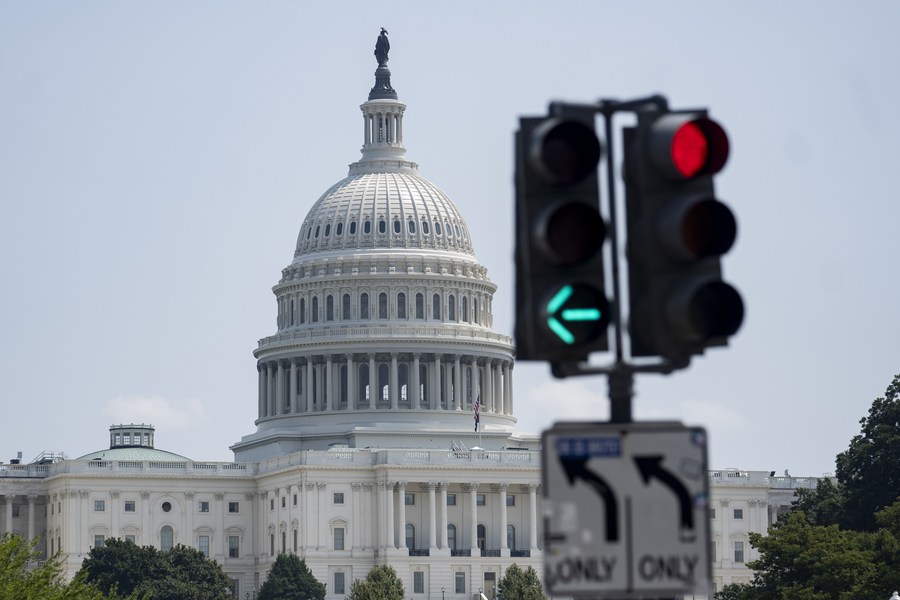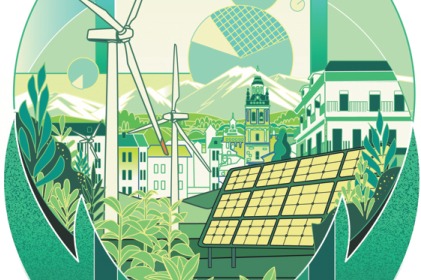The backlash of Washington's hegemonic bullying


In recent years, Washington has been fixated on frustrating China's development by almost every means possible. However, instead of pulling off its gambits against China, the United States is harming its own interests.
Take the impact on the US economy and trade. Three years after the United States first provoked trade disputes with China in 2018, various new studies have found that the trade frictions are even more damaging to the US side.
According to a January study commissioned by the US-China Business Council, the US-China trade disputes have reduced US economic growth and cost the United States 245,000 jobs.
Moreover, according to the data published early this year by the United Nations Conference on Trade and Development, the foreign direct investment to the United States fell 49 percent in 2020, outpacing the overall global decrease of 42 percent.
As summarized by a Brookings Institute report, the US-China trade frictions have delivered "more pain than gain" to America.
"The tariffs forced American companies to accept lower profit margins, cut wages and jobs for US workers, defer potential wage hikes or expansions, and raise prices for American consumers or companies," said the report.
In past years, Washington has also unscrupulously abused state power to oppress Chinese tech companies on some trumped-up charges. For many, Washington's agitation to preserve its technological primacy by suppressing China seems to be running unimaginably wild.
Moreover, Washington's moves to sever technological exchanges with China is another proof that the United States is getting increasingly agitated about China's technological progress and is turning to self-isolation and protectionism as a way out.
However, as noted by US news portal Politico in June, without US-China trade in technology, there will be less money to invest in research and development, personnel and factories back home that keep American companies at the leading edge.
Andrew Polk, an economist at consulting firm Trivium, once commented that putting Huawei on the entity list "accelerated China's tech rise." "It is going to ultimately prove the moment we lit a fire under China. And it's not going to kill Huawei. It's going to do the opposite."
Diplomatically, Washington has been pulling strings in Europe and Southeast Asia in a vain attempt to create a front to contain China's development.
However, such attempts to create confrontation and undermine international cooperation have met with widespread discontent and resistance. From Europe to Asia, world leaders have voiced their support for multilateralism and rejection of the Cold War mentality of some US politicians.
For those US politicians with obsolete Cold-War thinking, the United States can only win by taking China down. However, in an era of globalization that calls for multilateral cooperation, such hegemonic bullying will surely backfire.
































